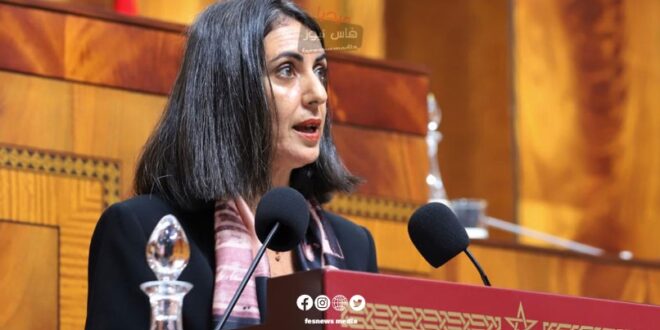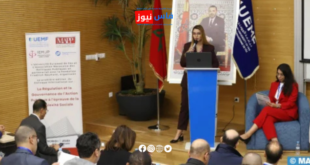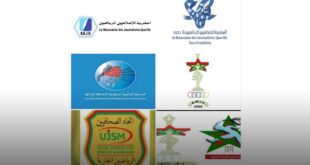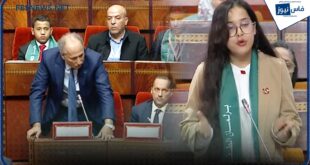The Moroccan government has revealed a series of key tax and customs measures included in the 2025 Finance Bill, according to the budget execution report and three-year macroeconomic framework. These reforms cover areas of customs and indirect taxes, as well as taxes and fees.
In the realm of customs and indirect taxes, the government plans to introduce a system for marking petroleum products in collaboration with the Ministry of Energy Transition and Sustainable Development. This aims to address tax challenges related to hydrocarbons and prevent fraud in this sector. Additionally, a carbon tax will be launched to adapt the tax system and customs regulations to climate challenges by introducing a green tax.
The government will continue to establish the regulatory framework for the profession of precious metals refining to ensure traceability in the value chain of precious metal works. It will also implement reforms to the public debt collection code in consultation with the Kingdom’s General Treasury.
Regarding taxes and fees, the government intends to reform the income tax in accordance with the agreement reached in April 2024 as part of the social dialogue. These reforms include:
- Raising the first bracket of the net income tax exemption from 30,000 to 40,000 dirhams, which will result in the exemption of incomes below 6,000 dirhams per month.
- Revising other brackets of the scale to broaden them and reduce rates applied to middle-class incomes, allowing for a reduction of these rates by about 50% of the current rate.
- Reducing the marginal rate of the aforementioned scale from 38% to 37%.
The annual amount of income tax reduction for family dependents will also be increased from 360 dirhams to 500 dirhams per dependent person.
Finally, the government plans to strengthen measures for integrating the informal sector and combating tax evasion. The state will continue actions initiated since 2022, aimed at improving the existing legal and institutional framework to ensure tax equity and fully mobilize tax potential.
These reforms reflect the government’s efforts to modernize the tax system, promote fairness, and align fiscal policies with broader economic and environmental goals.
 فاس نيوز ميديا جريدة الكترونية جهوية تعنى بشؤون و أخبار جهة فاس مكناس – متجددة على مدار الساعة
فاس نيوز ميديا جريدة الكترونية جهوية تعنى بشؤون و أخبار جهة فاس مكناس – متجددة على مدار الساعة













